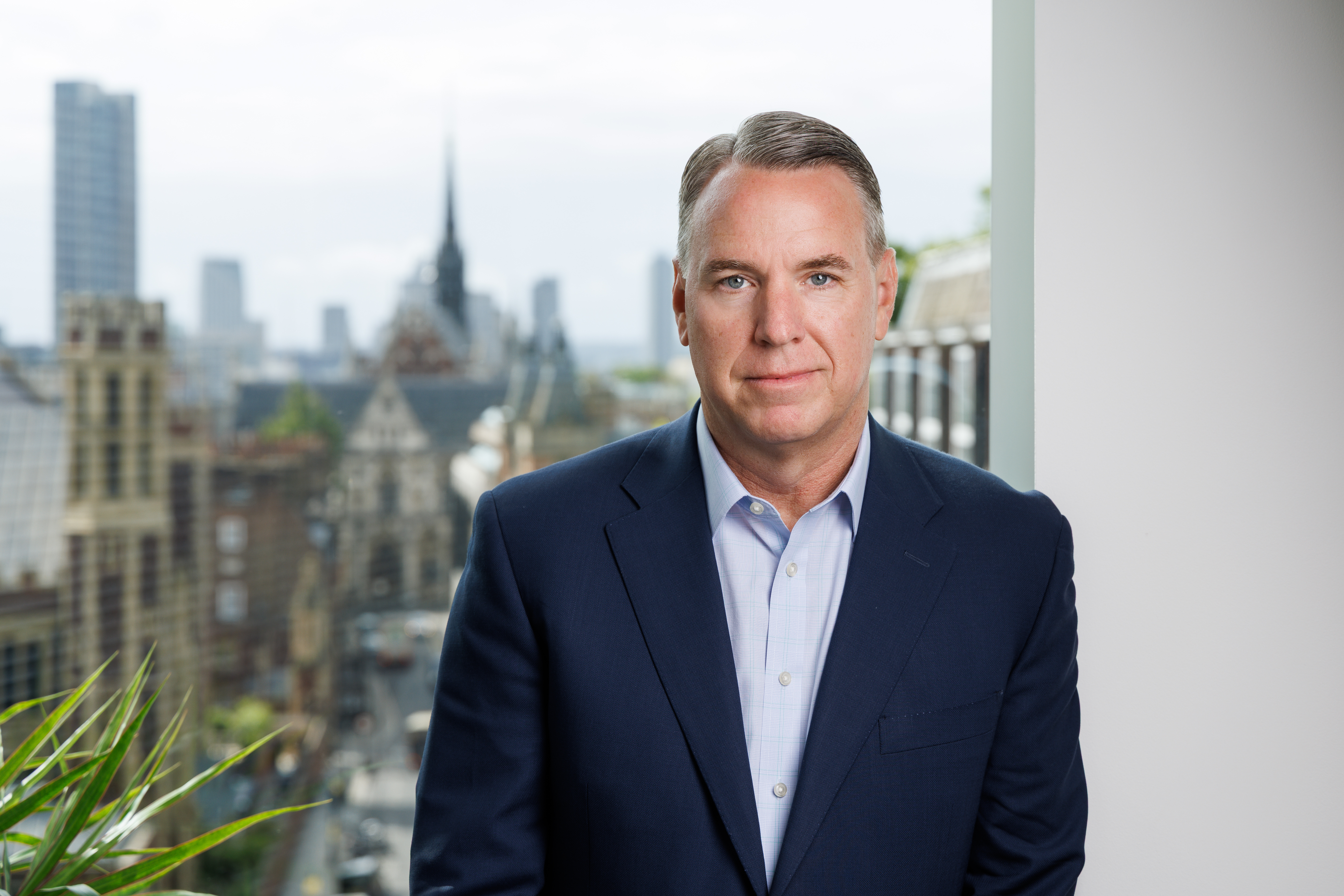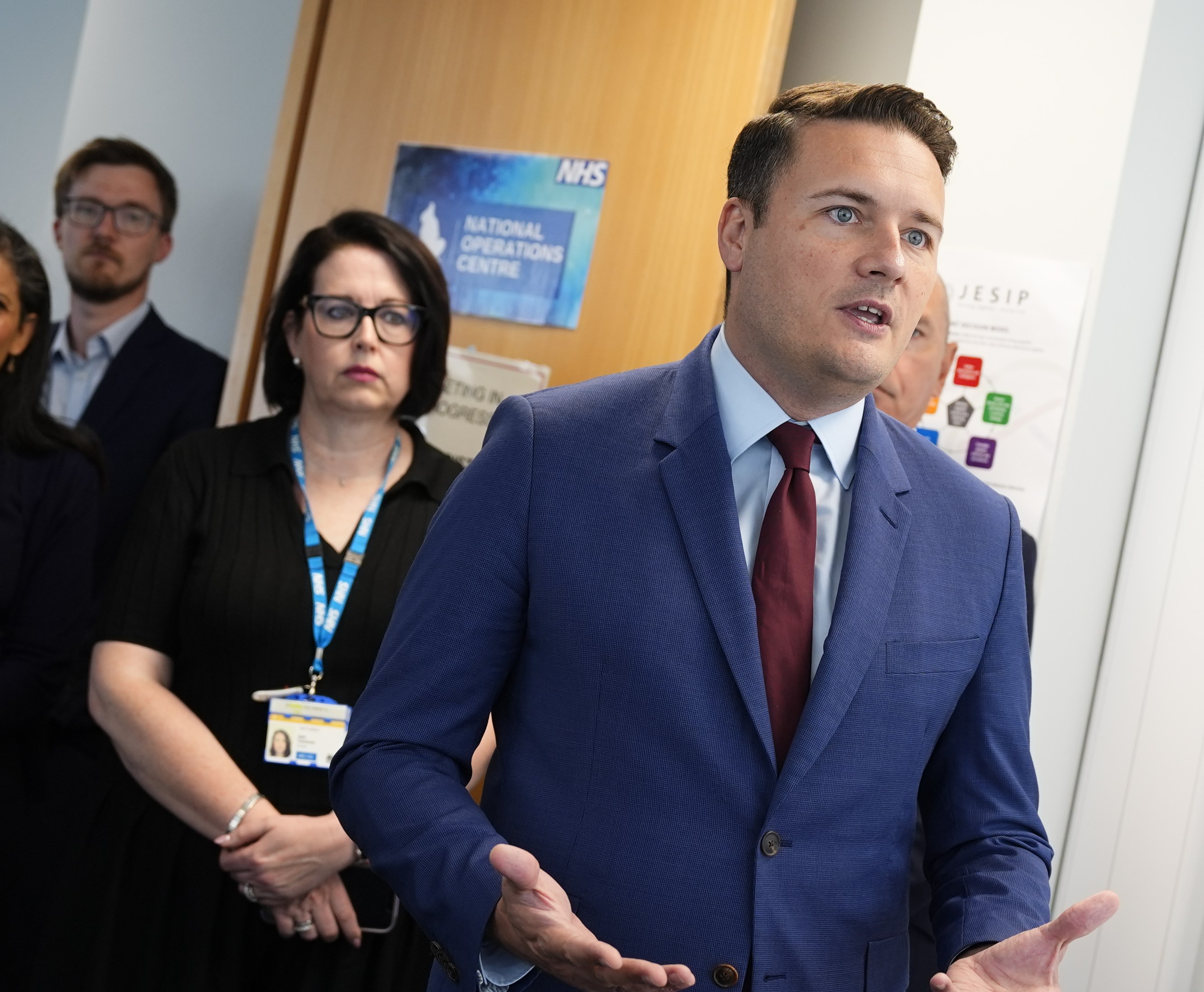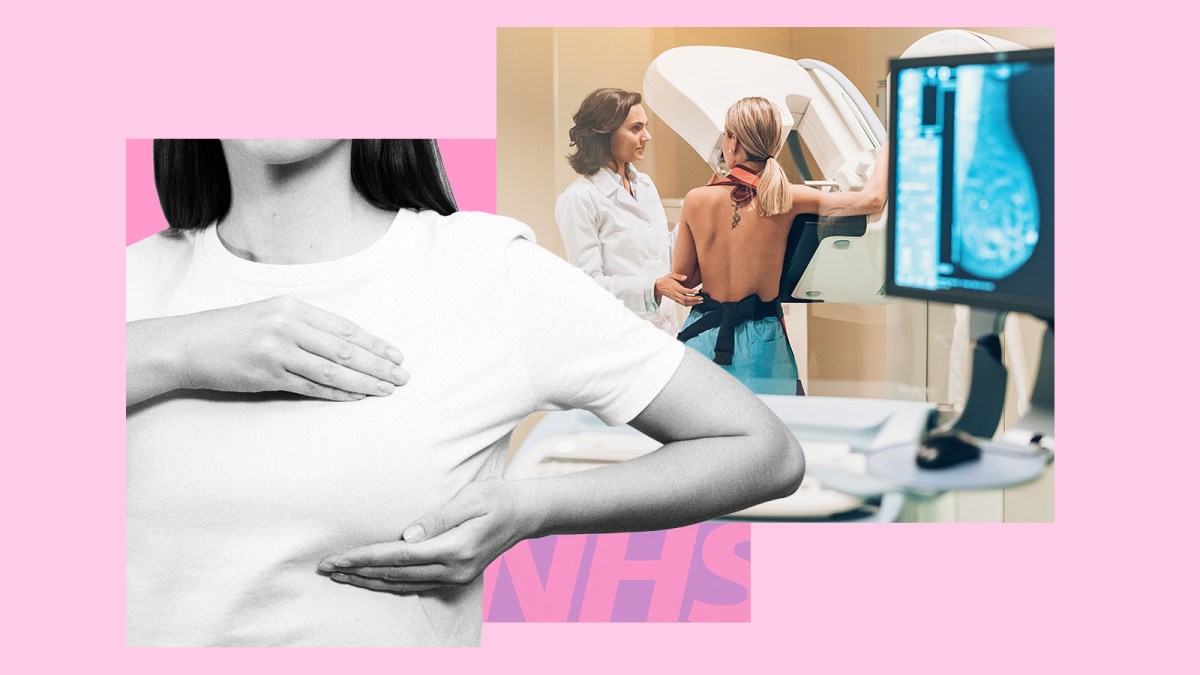A breast cancer drug that could extend the lives of hundreds of women is being withheld from the NHS in an escalation of a pricing row with the pharmaceutical industry.
Gilead Sciences, one of the world’s biggest drugs companies, said it would not submit its medicine for assessment by the NHS watchdog Nice, blaming the UK for “undervaluing medicines”.
To get past the threshold for assessment, the company said it would have to discount it to such a low price there was no way it could make an “appropriate profit”.
Patients’ charities said the row would mean women missing out on a “precious chance to live longer” thanks to “a broken system”.
Peter Wickersham, Gilead’s general manager for the UK and Ireland, said: “The UK has all the ingredients to be a world leader in life sciences for its citizens and its patients. Unfortunately, it’s impossible not to see the decline that is taking place right in front of our eyes.”
He said the company had taken the “unprecedented decision” not to submit its drug Trodelvy for Nice assessment for the HR-positive HER2-negative form of breast cancer. That means it will not be made available to the 500 women in England who would be eligible on the NHS were the drug to get Nice’s approval.

Peter Wickersham, the UK head of Gilead Sciences, warned that women in the UK would “fall behind” those in other European countries
ASHWORTH PHOTOGRAPHY
Wickersham added: “Cancer patients in the UK — and specifically England — are going to fall behind European countries where this medicine is widely available.”
Trodelvy, which is delivered in hospital via a drip, is routinely available in European countries including France, Germany, Italy and Spain, as well as the US, Canada and the Middle East.
In the UK it is available privately. A patient weighing 65kg would have to pay roughly £45,000 for the average course of five-and-a-half months. Alternative treatments are available on the NHS.
Gilead’s withholding of the drug threatens to further damage a disintegrating relationship between the pharmaceutical industry and the UK medical establishment.
On Friday, Wes Streeting, the health secretary, walked away from talks with the industry about the rate companies pay in a medicines “clawback” tax. Streeting had previously acknowledged the need for the NHS to pay more “competitive” prices for drugs, but lost patience with industry representatives when they rejected what he called “generous proposals”.

The health secretary, Wes Streeting, is locked in a dispute with drug companies
JORDAN PETTITT/PA
Under the tax deal, struck in 2023, companies agreed to repay income on NHS purchases of branded medicines above a certain threshold. At the time, the repayment rate was forecast to be 15 per cent, but it rose to 22.9 per cent this year.
The row has been heightened by President Trump’s threat to lower prices paid for drugs in the US to match those paid overseas, increasing pressure on pharmaceutical executives to try to ramp up their income from other markets. But Wickersham said: “This situation existed before. The only thing that President Trump and the US administration has done is to shine a light on it.”
He said the collapse of the talks with Streeting “simply reinforces the lack of urgency around changing the current situation”. He added: “On every front — not just [the rebate scheme] — we are being told that reform will take years, or decades in some cases. If we accept this mindset, we are accepting that patients will miss out and that the UK will fall further behind its peers.”
Before a drug can even be bought by the NHS, it must gain approval from Nice. The Gilead boss blamed the Trodelvy blockage on the way in which the watchdog judges the worth of medicines.
Nice assesses drugs on the additional cost of providing an extra “quality” year of life for a patient compared with existing medications. It will generally only approve a drug that provides that extra year for less than £20,000 to £30,000. For end-of-life treatments, an additional “severity modifier” is added, allowing up to £50,000 per year to be charged for the most severe diseases.
Wickersham said this scheme made it impossible for the company to see any way Trodelvy could get through the process and leave the company with an “appropriate” profit margin. “We didn’t see a path to achieving cost effectiveness given the methodology that Nice currently uses with its severity modifier.”
Gilead, which has its headquarters in California, reported global sales in 2024 of $26.8 billion (£19.8 billion), up 8 per cent on 2023. In its quarterly results, published earlier this month, it said Trodelvy brought in $364 million in April to June, $96 million of which came from Europe.
Claire Rowney, chief executive at Breast Cancer Now, a research and support charity, also criticised Nice. “This decision confirms our fears that a deeply unfair system has not only led to the rejection of a life-extending treatment for use on the NHS in England but is deterring drug companies from even putting new treatments through a Nice appraisal.
“The devastating human impact is people with incurable secondary breast cancer — mothers, daughters, sisters — having their precious chance to live longer stripped away because of a broken system.”
A Nice spokesman said the agency’s record speaks for itself. “Unfortunately, Nice cannot recommend a drug be provided to NHS patients if the company does not take part in our work … We have made 25 positive recommendations for breast cancer treatments in the past seven years out of 26 appraisals.
“Since 2022 the percentage of positive recommendation for cancer treatments is 84.8 per cent, and for advanced cancer treatments it is 81 per cent. We provide rigorous, independent assessment of complex evidence for new health technologies to make sure the NHS can continue to offer the most effective treatment options to everyone.”
Wickersham, 52, who is American and took the helm of Gilead’s British business 18 months ago, praised the potential of the UK. “It has unparalleled basic science and research. It has world-leading universities. The potential for the UK to have a top-flight life sciences environment is there.” But he said it was “frustrating” that potential was being put at risk by “underinvestment in medicines, which has been decades in the making”.
He acknowledged that the Nice system and NHS purchasing power “certainly generates value for the taxpayers” by achieving some of the world’s lowest drug prices. But he added: “The UK spends 9 per cent of its healthcare dollar on medicines, when other countries are 12 per cent and more. So it’s clearly an outlier. We’ve passed the tipping point now where that’s not beneficial for patients in the UK. Companies will not seek reimbursement for medicines, as we are not doing in this instance.”
Gilead has submitted an application to the Scottish Medicines Consortium — which Wickersham said has traditionally been more flexible in its approach than Nice — with the outcome due in 2026. Wales and Northern Ireland tend to follow Nice decisions; the company can apply separately but is unlikely to do so as the eligible populations are so small.
Trodelvy is already available on the NHS in England for women with triple-negative breast cancer, a different form of the disease.
A government spokesman said: “We value the pharmaceutical industry’s vital role in our economy and healthcare and we’re committed to supporting its growth. We’re already delivering key actions to unleash life sciences as a force for our health and wealth.”

